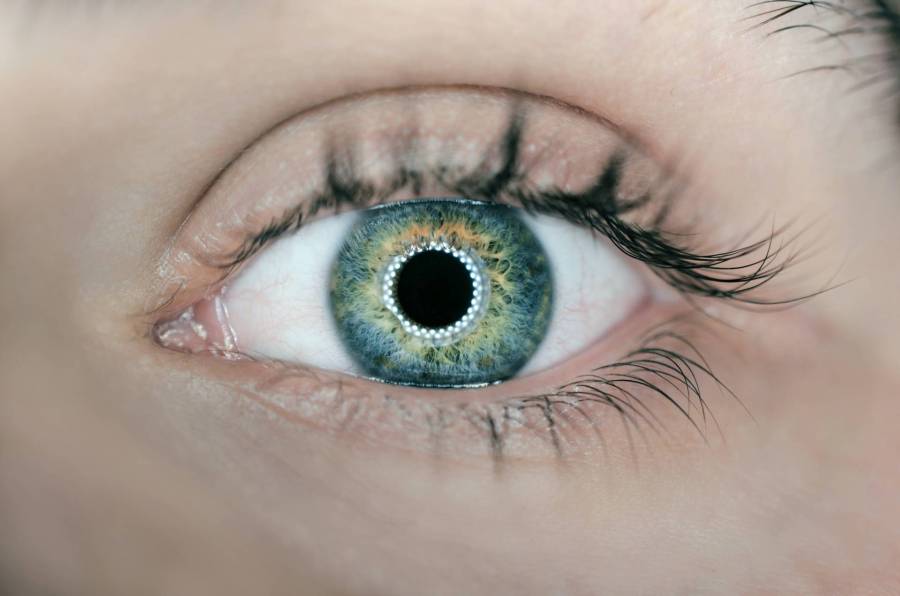The world of technology is constantly evolving, pushing boundaries and revolutionizing various industries. One recent breakthrough has caught the attention of tech enthusiasts and photography aficionados alike – the ability to create stunning 3D pictures based on the reflection in people’s eyes. This innovative technology has the potential to reshape the way we capture and experience images, opening up new possibilities for creative expression and immersive visual storytelling. In this article, we will explore the fascinating world of this new tech and delve into its applications, benefits, and future potential.
At the core of this revolutionary technology lies the concept of reflection mapping. By analyzing the reflections in a person’s eyes, sophisticated algorithms can reconstruct the surrounding environment and generate a 3D representation of the scene. This process involves capturing high-resolution images of the eyes, mapping the reflections, and applying advanced computational techniques to recreate the depth and perspective of the original scene. The result is a mesmerizing 3D picture that can be viewed from different angles, providing a truly immersive visual experience.
In the world of entertainment and gaming, the ability to create lifelike 3D images opens up a whole new dimension of immersive experiences. Game developers can use this tech to create more realistic characters and environments, enhancing the overall gameplay and storytelling. Movie makers can also leverage this technology to create visually stunning scenes and achieve a greater sense of depth and realism.
Virtual reality and augmented reality have gained significant traction in recent years, offering users immersive digital experiences. With the integration of this new tech, VR and AR applications can become even more realistic and engaging. By capturing 3D pictures based on the reflections in users’ eyes, VR and AR devices can provide a more accurate representation of the real world, blurring the boundaries between the physical and digital realms.
The healthcare industry can also benefit greatly from this technological advancement. Medical professionals can use 3D eye imaging to enhance diagnostic procedures and treatment planning. By capturing detailed 3D images of the eyes, doctors can gain valuable insights into ocular health and detect early signs of diseases. This can lead to more accurate diagnoses and improved patient outcomes.
The integration of this new tech brings forth numerous benefits that go beyond the realm of visual aesthetics. Some key advantages include:
- Enhanced Creativity: The ability to capture 3D pictures based on eye reflections allows for more creative expression and storytelling. Photographers and artists can push the boundaries of their work and create captivating visuals that resonate with viewers on a deeper level.
- Improved User Experience: Whether it’s in the entertainment industry or healthcare sector, the integration of 3D eye imaging technology enhances the overall user experience. Immersive visual content and accurate depth perception create a more engaging and realistic encounter for users.
- Advanced Data Analysis: The detailed information extracted from 3D eye imaging can be utilized for advanced data analysis and insights. Researchers can study eye movement patterns, gaze behavior, and even emotional responses, leading to a better understanding of human perception and cognition.
As with any emerging technology, there are still challenges to overcome and further advancements to be made. Currently, the process of capturing and reconstructing 3D images based on eye reflections requires specialized equipment and expertise. However, as the technology continues to evolve, we can expect more user-friendly and accessible solutions to emerge.
Looking ahead, the potential applications of this technology are vast. From interactive advertising campaigns to immersive virtual tourism experiences, the possibilities are endless. As the demand for more engaging and realistic visual content continues to grow, the integration of 3D eye imaging technology will likely become more prevalent in various industries.
First reported on MSN


























